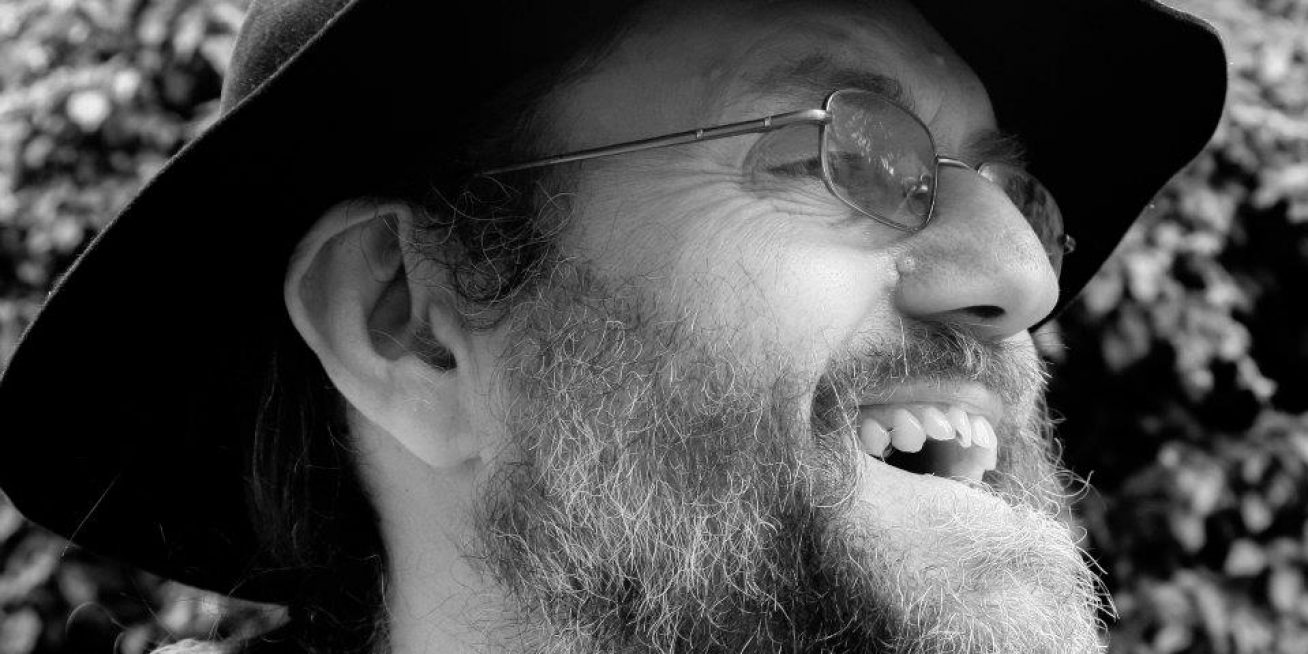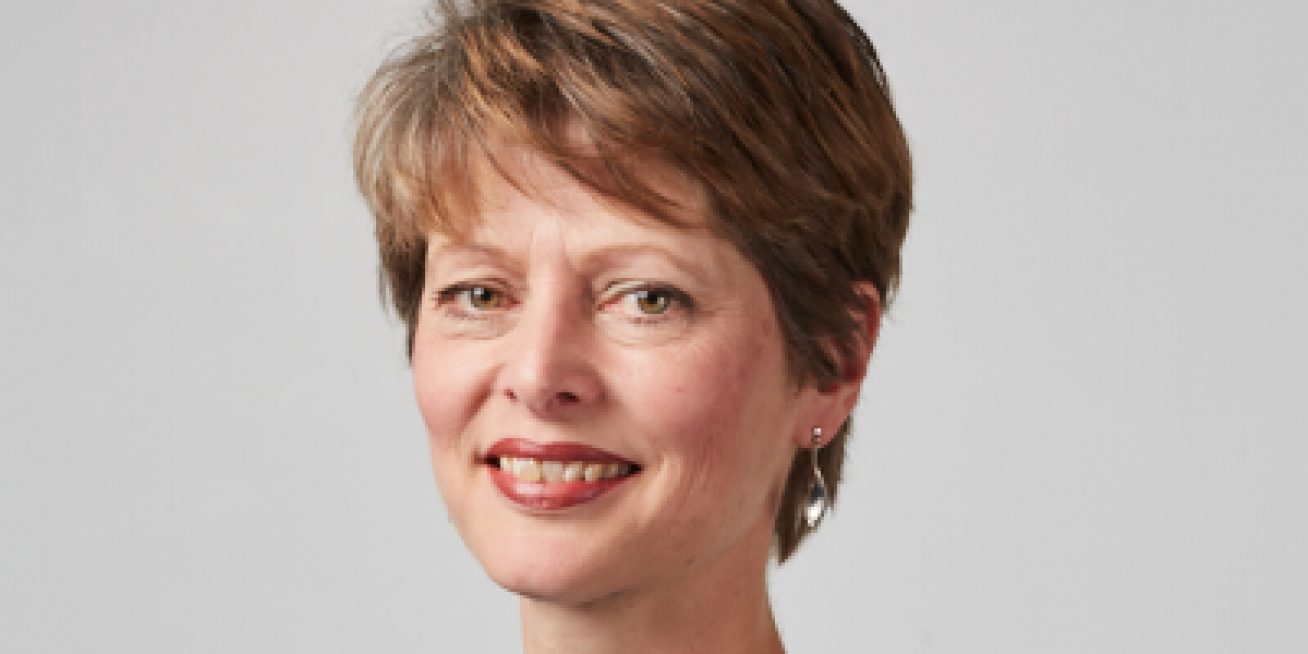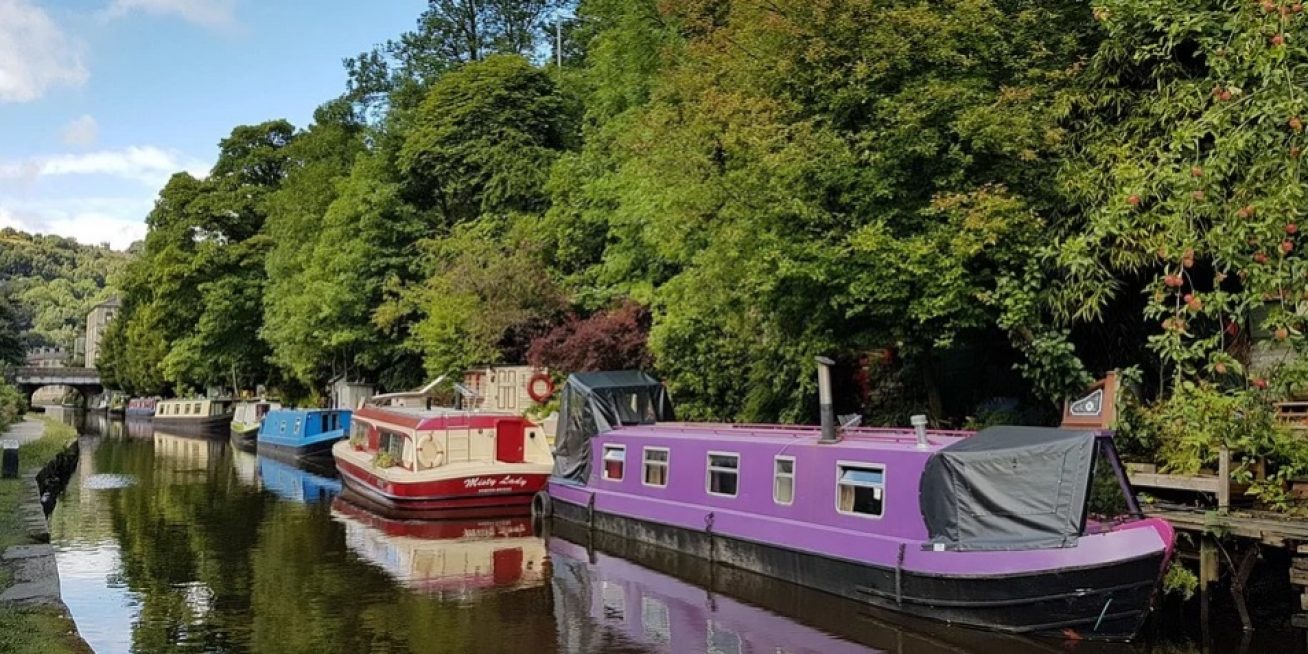SpeedQueen
Suzy talks about running SpeedQueen and the importance of tackling intolerance and sexism by creating LGBT+ friendly club nights.
TRANSCRIPT
And then one night a boy said to me – he came and asked for membership and I was a bit like, "Oh", cos I was a bit superficial and I just thought he hasn't got any glitter on him or – and um, and he just – he said to me, "I've left all my friends to come here”, he said, "they won't come”. He said, um, "I used to hate gay people”, he said, “but I don't know why I've come here”, he said, “but I love it”, he said, “and I've learnt so much", he said, "and I'm so ashamed of what I used to be like", he said, "and I've left" – this is what he told me he said he's left all his friends – he was basically kind of reinventing himself and I just looked at him and I just thought well, "That's one person, when he has children he isn’t gonna pass that on”. And he became such a fantastic like regular member.And so there was a real mix of, like, people that just got it, people that kind of were – I just was constantly trying to educate people. And then, when all the straight boys were getting their bums pinched by the gay boys they'd be like, "Suzy, he’s pinched my bum!" and I'd be like, "Yes, and now you know how girls feel, now you know what you've been doing for all those years to girls". And they'd just like walk away scratching their heads so it was just, it was really that, kind of just explaining to people that, you know, – I think people are a lot more switched on now. But, you know this is, this quite a long time ago, and if you think the culture that they'd grown up in, that I'd grown up in, in the ‘60s and ‘70s, people had very, very strict stereotypical behaviour, kind of, er, forced on them, like I did, as a girl.
I was really expected to look a certain way and behave a certain way. And be submissive. And be nice. And all of these things that were just totally normal to me, um, and the same for boys, you know, like growing up, you know, they were all expected to be kind of hard and strong, and – and you know, when you're kind of, in an environment where you actually think, "Actually, that's just conditioning that's not actually who I am". There was a lot of that going on for a lot of people. Because there weren't, there weren't as many options, like open options I think to kind of explore your identity. So we were very much an environment where people could do that. And also to give people the right and the opportunity to, er, change that identity. So, you might identify as, you know, I was a straight girl, I fell in love with a woman, you know, it's like, you're allowed to be fluid, your life's allowed to evolve, you're allowed to evolve. Without getting trapped and saying, "Well I'm this so I have to stay this forever". And I think, I still think that's really important for, you know for kind of personal development because life's long, if you're lucky enough to live long [laughs]. You really don't know what's gonna happen to you, what you're gonna experience or who you're gonna fall in love with, or what life's going to kind of, kind of throw at you really. So I think if you – and sometimes people really know, they have a really strong sense of their own identity when they're very young, but for some people they don't and it can take a lot longer to find themselves. And that could be family, parents, conditioning or just you know the fact that, you know, I s'pose we're all different.
INTERVIEWER: And did you, cos you obviously had a very strong sense of responsibility for your customers that they felt welcome and happy and safe within the nights you were running. Did you have any difficulties with – like inside – with discrimination?
SM: Yeah. In the beginning. In the very beginning at Vague, I remember talking to a big promoter in Manchester and telling him what I was gonna do and I said, “I'm gonna open this club in Leeds and it's gonna be mixed and basically I'm gonna put gay people and straight people, and black people and white people, and young people and old people together”. And he just laughed at me and he said, "You're crazy, it won't work". You know he was promoting The Haçienda, he was massive, and he just said, "It'll never work in Leeds, Suzy. There'll be bloodshed". And I thought, "Well, I'm from Leeds and I want this and I'm an ordinary girl, so I reckon loads of other people do".






